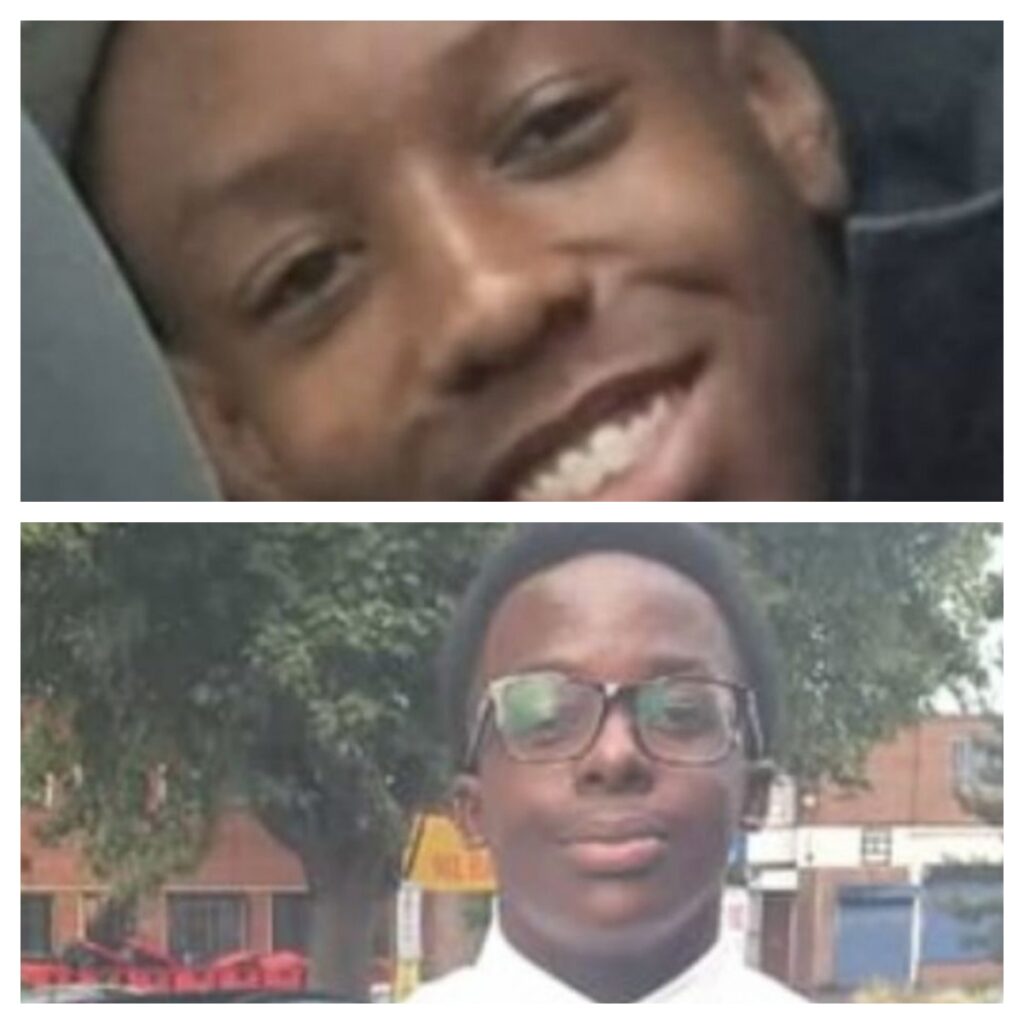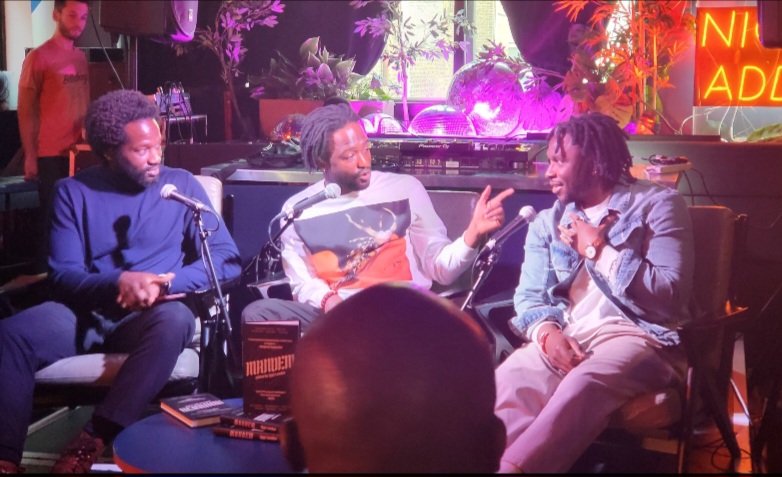
"Wear many hats but design all of them"
15.
15-years-old.
That’s how old Elianne Andam was. A beautiful young Black woman.

We don’t know much about her, but we do know that she’s someone who believed in defending her friends. An honourable belief that would lead to an untimely, incomprehensible death.
I’ve been watching social media as this story continues to grow like the aftermath of an atomic bomb, with plumes of its residue permeating everything that comes into contact with it. A full-force blow to the spirit, leaving you ricocheting, its effects reverberating loudly everywhere you look.
Allegedly, Elianne was on her way to school when a friend rejected the advances of a boy believed to be an ex. Elianne apparently intervened and was stabbed twice: once in the neck and then in the chest by the boy. She died within an hour of the attack.
When we – the Black communities – lose people it’s hard for me to talk about. To post. But this struck me and not necessarily in the ways others have received it.
Elianne’s death has (rightly) caused a stir in the community. The fact she was in uniform, going to school, in broad daylight, first thing in the morning and the somewhat ordinary circumstance that led to a disproportionate reaction leading to a fatality.
Everyone from community leaders to those who live in Croydon, South East London where it happened to those of us who have driven through the area once (!) have something to say.
Why is Elianne’s story so unusual? Because she’s female. Knife attacks among young people are less likely to involve women. Every thought leader and feminist writer has talked about the challenge we have to face when boys and men are rejected.
Some – not all – react badly, unable to manage their emotions, lashing out possibly because they feel ashamed, definitely due to ego. The story is the reiteration of the problems around being a woman in today’s society. Every woman has a story where rejecting a man has turned aggressive.
Every. Woman.
And this is a wider topic to tackle.
What has struck me the most though is the contrast in response to Elianne’s tragic death and how desensitised we’ve become to the death of Black boys. I read the story of Renell Charles, a promising young man a year older than Elianne who was killed outside his school in East London and Nathaniel Shani, a 14 year-old boy who was stabbed and killed by a peer in Manchester. The deaths are so frequent it’s become normalised. They briefly made the news cycle, and yet another family gains a lifetime membership into a club nobody ever wants to join.

As a mother of two boys – one who is 14 – it’s a reminder of the unspoken layer of fear you carry any and every time they leave the house. There’s so much to be hypervigilant about with boys, if it’s not their peers, it’s the police. As I said to someone recently, it feels like we’re in warfare.
The world feels rather desolate at the moment and what’s needed to prevent scenarios where children like Elianne, Renell and Nathaniel are victims doesn’t have a clear solution in sight which breaks the spirit.
It is heartbreaking to see videos emerge of Elianne who seems to be vivacious, fun and extremely loved by her friends. In the coverage surrounding our boys, we are less likely to see footage contextualising who these children are outside of them being victims of their environment. They are just another black boy either seen in a mug shot or one – at a push two – pictures. The contrast is seeing moving images of Elianne dancing with her friends or celebrating her birthday humanises her and actively reminds people how young a person she was.
For our boys, it seems someone secretly told them that their essence should only be captured with their hair covering their faces, throwing up peace signs, looking into the distance and categorically not smiling. Making them seem lifeless, and joyless. A practice that seems to be global and at the risk of sounding old, probably perpetuated by music – google any Black rapper and look at the vast majority of their images.
The preceding practice reminds me of an event I went to in May where I watched a conversation between author and film director Iggy London, prolific bard Yomi Söde and Gangs of London actor Sope Dirisu.

Left to right: Sope Dirisu, Iggy London and Yomi Söde
These Black men came together to discuss Iggy’s latest book, Mandem, an anthology which looks at the Black male experience. It’s release felt like a renaissance that has been building over the last 5 years: A time where Black men are actively encouraged to talk about their feelings.
I have very few men in my family so to hear the male perspective so candidly was powerful that I told anyone who would listen to me about it. Yomi, a contributor to the book, talked about how simple things like birthday cards and compliments weren’t readily shared amongst his friends. But what stood out to me was a story Yomi told about a friend being murdered on a night out. Witnessed by their friendship group, they never spoke about the incident after it happened. An experience only they could truly understand was not collectively grieved. There was a silent agreement that their loss would be internalised because that’s why ‘strong men’ do.
I asked the panel, “Who told you this is the way to be?” and the answer that returned seemed to be steeped in (un)spoken ‘rules’ of how men are supposed to behave. It hurt and is something I’ve always countered against in my boys. Big boys do cry. Boys should express what they’re feeling. Boys are allowed to be heartbroken but it doesn’t give you a right to impact someone else.
I can hear some saying that I’ve taken this callous act that happened to a young woman and centred the feelings of men as a primary concern. The simple fact is men and women are inextricably linked whether we like it or not. There are generational teachings that must be broken for us to have some hope of extracting ourselves from this continued and sustained epidemic. Yes, not everyone can be saved – I suppose it’s the natural complexity of the human condition – however, the encouragement of conversations with our boys should not only be around the rights of women to say no but their right to be hurt and how to appropriately channel those feelings. It is also about giving boys safe spaces so that they don’t seek them in inappropriate and damaging places.
At this moment though I remember all those affected by knife violence especially the family of Elianne Andam. My deepest and sincerest condolences for your loss and the loss of lights in our communities. I hope the violent nature of their passing never eclipses who they were.
Pingback: THE WEEK UNBOXED: FOR THE LOVE OF US EDITION -